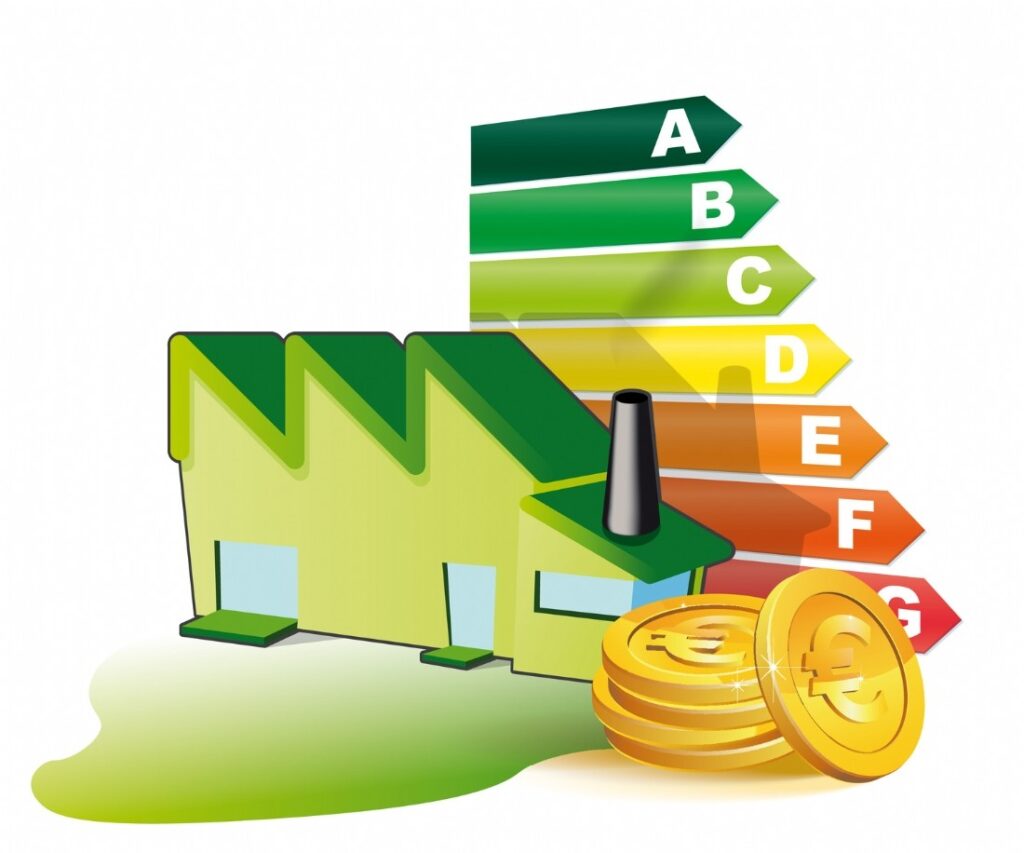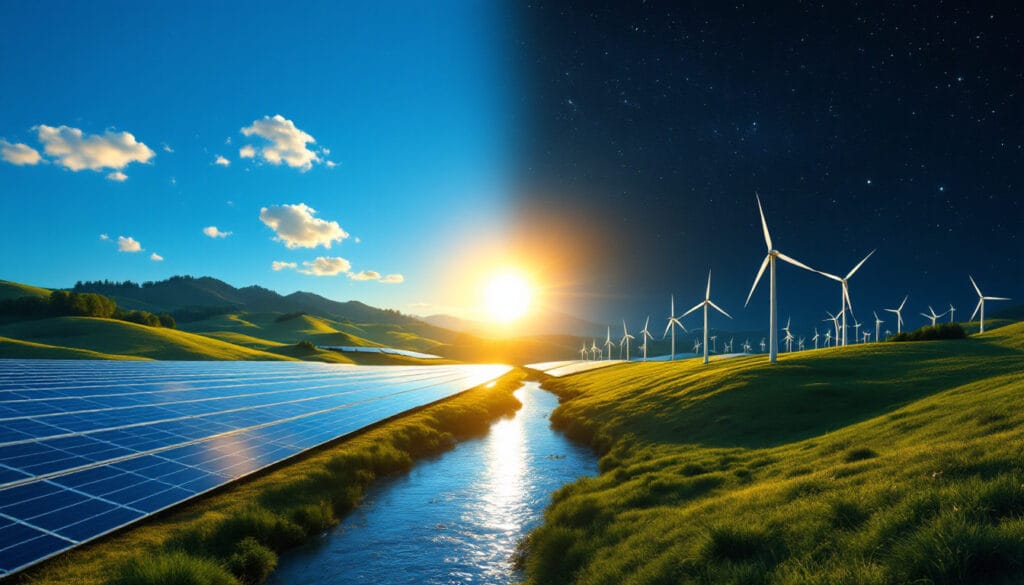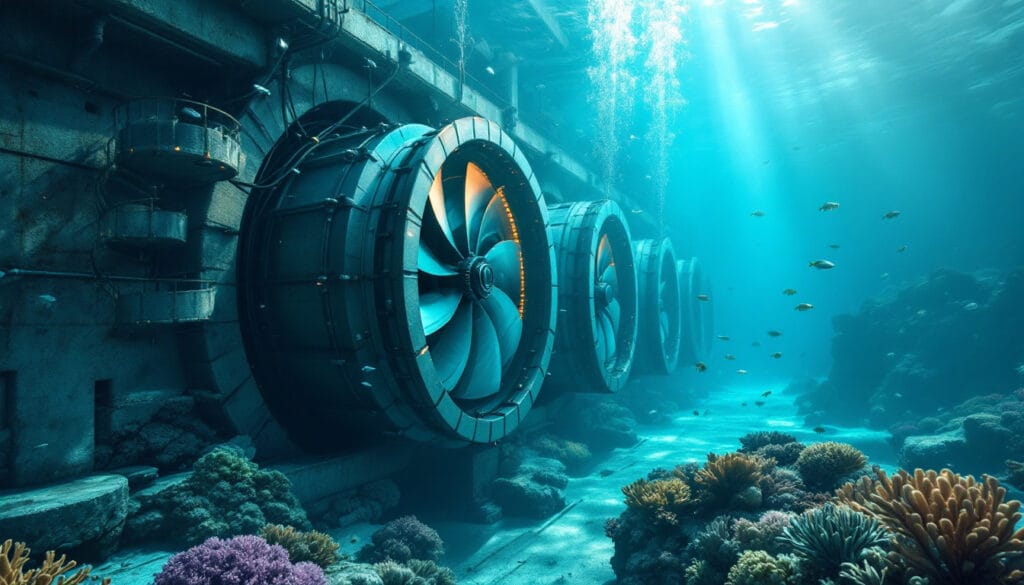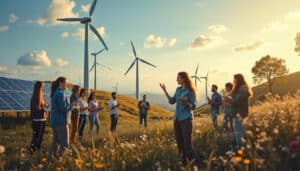Energy consumption optimization is a crucial approach to harmonizing resource use while preserving our environment. By integrating effective strategies, such as using low-energy electrical appliances and judiciously harnessing renewable energies, it is possible to substantially reduce energy expenses. The adoption of these practices constitutes a step towards a more respectful and sustainable energy transition, whether it involves personal initiatives within households or larger-scale projects in businesses. This evolution relies on modernizing infrastructures and a better understanding of the issues related to carbon footprint and primary energy consumption.
Glossary on Energy Consumption Optimization
Energy optimization: This is the process of improving energy use conditions with the aim of making its consumption more efficient and less costly. This includes the use of modern technologies like smart meters, which allow real-time monitoring of consumption and identifying areas where savings can be made.
Primary consumption: This term refers to energy in its raw form, that is, before any transformation for final use. Optimizing this consumption involves resorting to renewable energy sources and minimizing losses during the transformation process.
Ecodesign: Represents a commitment to the environment; it requires considering the ecological impact of each product from its design phase. Ecodesigned products aim to reduce energy consumption throughout their lifecycle. For more information, consult the full article on ecodesign.
Bioenergy: Generated from biomass, it is a renewable energy source that is central to sustainable development strategies. The optimization of bioenergy involves the development of technologies that maximize the efficiency of converting biological materials into energy.
Energy asset performance management: This involves using tools to track and improve the performance of energy assets. IBM recently acquired Prescinto to strengthen its expertise in this area. Learn more about the acquisition and the benefits it brings to performance management.
Renewable energies: These energy sources, such as solar and wind energy, are central to an energy optimization strategy. They help reduce the carbon footprint and are part of the global energy transition towards a sustainable future.
Electricity consumption regulation: By adjusting consumption according to needs, it is possible to achieve significant energy savings. This includes actions such as using LED lighting, regulating ambient temperature, and turning off standby devices.
Greenhouse effect: Energy optimizations influence the reduction of greenhouse gas emissions, notably by lowering fossil fuel consumption. Reducing driving speed, for example, can decrease these emissions by 20%.
Daily actions: Simple gestures like taking advantage of natural light, effectively insulating one’s home, and choosing low-consumption household appliances contribute to an effective optimization of consumed energy.
Solar thermal collectors: Used for heating water, they are part of a broader strategy for energy optimization, allowing for a reduction in dependence on fossil energies.
Unbalanced distribution system: In electrical networks, an unbalanced distribution can lead to energy losses. Optimization then involves a more harmonious integration of electric vehicle fleets, as outlined in the exploration of distribution systems.

FAQ: Optimize Energy Consumption
Q: What is energy optimization? A: Energy optimization involves reducing and improving the conditions of energy use, ideally implementing a monitoring system to better manage consumption. Q: How can we reduce our electricity consumption? A: There are several ways to reduce electricity consumption, such as lowering heating temperature, opting for low-energy class appliances, and using non-decorative LED lighting. Q: Why is it important to turn off standby devices? A: Turning off standby devices allows for significant savings on the electricity bill, as these devices continue to consume power even when not in use. Q: What are the benefits of prioritizing the “Eco” program for washing machines? A: Using the “Eco” program for washing machines reduces water and energy consumption while ensuring optimal cleaning efficiency. Q: How does home insulation contribute to optimized energy consumption? A: Good insulation helps retain heat in winter and coolness in summer, thus reducing the need to excessively use heating or air conditioning. Q: What is the importance of daylight in energy optimization? A: Making the most of daylight reduces the use of artificial lighting, contributing to lower energy consumption. Q: What emerging technologies can improve energy optimization? A: New generations of solar panels and smart meter systems allow for better tracking and control of energy consumption, thus optimizing its use. Q: How do low-energy rated electrical devices help energy optimization? A: These devices consume less energy for the same performance, helping save on electricity bills while reducing their ecological footprint.
Q: What is energy optimization? A: Energy optimization involves reducing and improving the conditions of energy use, ideally implementing a monitoring system to better manage consumption.
Q: How can we reduce our electricity consumption? A: There are several ways to reduce electricity consumption, such as lowering heating temperature, opting for low-energy class appliances, and using non-decorative LED lighting.
Q: Why is it important to turn off standby devices? A: Turning off standby devices allows for significant savings on the electricity bill, as these devices continue to consume power even when not in use.
Q: What are the benefits of prioritizing the “Eco” program for washing machines? A: Using the “Eco” program for washing machines reduces water and energy consumption while ensuring optimal cleaning efficiency.
Q: How does home insulation contribute to optimized energy consumption? A: Good insulation helps retain heat in winter and coolness in summer, thus reducing the need to excessively use heating or air conditioning.
Q: What is the importance of daylight in energy optimization? A: Making the most of daylight reduces the use of artificial lighting, contributing to lower energy consumption.
Q: What emerging technologies can improve energy optimization? A: New generations of solar panels and smart meter systems allow for better tracking and control of energy consumption, thus optimizing its use.
Q: How do low-energy rated electrical devices help energy optimization? A: These devices consume less energy for the same performance, helping save on electricity bills while reducing their ecological footprint.
Articles similaires
Thank you!
We will contact you soon.













